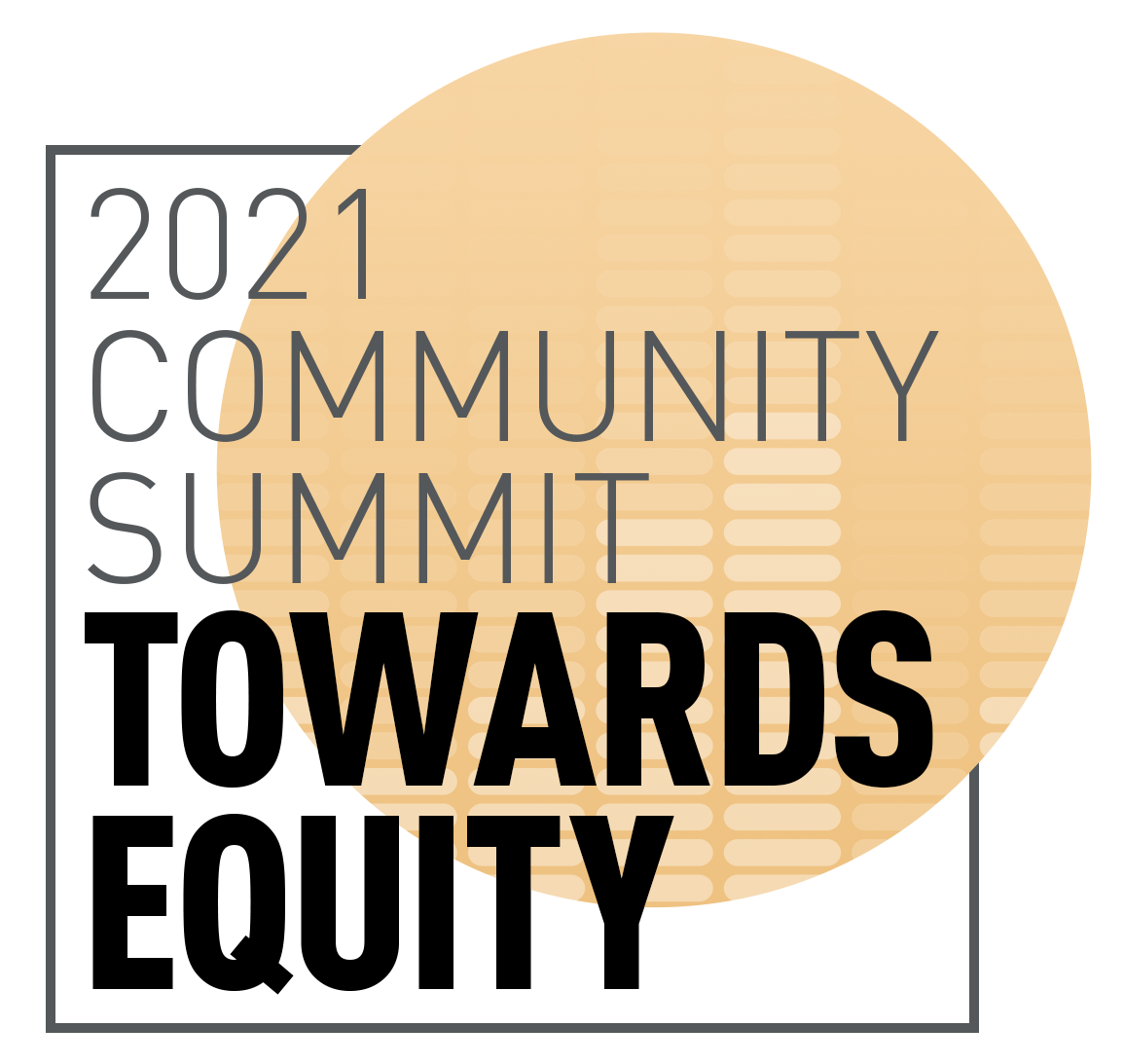
Property, Home and Precarity: From Street Sweeps to Housing Justice
2021, Summit Towards Equity, Cities, Equity + Justice
Home, supposedly a place of security and support, has become increasingly vulnerable for Vancouverites. The prevailing property system works well for the privileged few, but forces many of us into precarity. Unpacking the connections between property and vulnerability, this panel explores and brings together four key sites: rental evictions; street sweeps; rental financialization; and housing justice movements.
Drawing from sustained research, senior SFU students will present their work and engage in dialogue with Nick Blomley, a critical property scholar at SFU; Meenakshi Mannoe, criminalization and policing campaigner at Pivot Legal Society; Delilah Gregg, a member of VANDU; and Magie Ramírez, assistant professor of geography at SFU, to explore questions such as: What does shelter vulnerability look like? How is it produced? What work do prevailing property systems do in producing vulnerability? How is it contested?
This event is a collaboration with Nick Blomley’s fall 2021 course “Property, Land, Society” (GEOG 440) as part of SFU Public Square's Classroom Partnership Program.
7:00 p.m. (PT)
Online Event
Closed captioning in English will be available at this event.
Part of Towards Equity
On this page
Street Sweeps
Claire Aplas, Yvonne Huang, Nobutaka Jono, Victor Yin, Evelyn Zhang
Street sweeps are the collaborative act between city workers and police where homeless residents' personal property is taken—often without permission and against official policies—off the streets. Relatedly, dominant narratives promoted by propertied elites and city officials construct the image that homeless residents and their belongings are "dirty" and pose a risk to public health. Through our presentation we will be revealing how this is not the reality. Focusing on the DTES and similar geographic areas, we will be using themes of precarious property relations to disprove popular explanations that defend street sweeps. More specifically, we will be exploring what processes have underpinned and enabled the practice; how the criminalization of homelessness justifies the practice; the impact of street sweeps on homeless populations, including their autonomy and agency; and what ways homeless residents have built collective resistance and created counter-movements to street sweeps and the criminalization of homelessness.
Rental Evictions
Andrew Battle, Lianna Dall'Antonia, Greg Hansen, Amber Muckle, Zoë Muckle
Rental eviction is too often presented as a problem rooted in individual failings. However, there are broader forces that make housing arrangements vulnerable for many renters. Our presentation will explore rental evictions and their history within Vancouver. We will discuss how rental evictions relate to the theme of precarious properties, revealing the complications of accessing housing that other people own. With examples drawn from real-life cases, we will explain how rental evictions operate and what kinds of vulnerability and privilege arise from the issue. From this discussion, we will highlight potential solutions and best practices as well as how rental evictions are being resisted throughout the city and what spaces, territories and places are connected to the issue.
The Financialization of Private Rental Housing in Metro Vancouver
Kimberly Broadfoot, Connor Holdbak, Nicholas Lun, Krishniel Ram, Eric Ramirez, Nathan Zemp
Financialization of rental housing refers to the increasing role that private equity firms play in the housing market, and the resulting changes in how houses are viewed. Financialization increases the liquidity of real estate investments by making them available as shares of stock for investors. This has the effect of transforming homes into assets and their inhabitants into interchangeable revenue streams or liabilities on a balance sheet. Our presentation will explore the factors causing financialization of real estate, the social and economic impacts of financialization, and its implications for equity. We will also explore case studies to illuminate individual experiences of financialization. Finally, we will suggest some approaches for mitigating the negative aspects of financialization and making housing more accessible for all.
Housing Justice Movements
Natalie Bodenschatz, Leo Dittmer, Marina Hussain, Justin Lau, Jonathan Ling, Ryan Vancise
Our project is focused on how housing justice movements attempt to resist inequities. After situating our work historically and spatially in Metro Vancouver, we will turn to how contemporary housing justice movements in the city create alternative narratives surrounding housing and human rights. Based on their work we hope to inspire a message of solidarity and possibility.
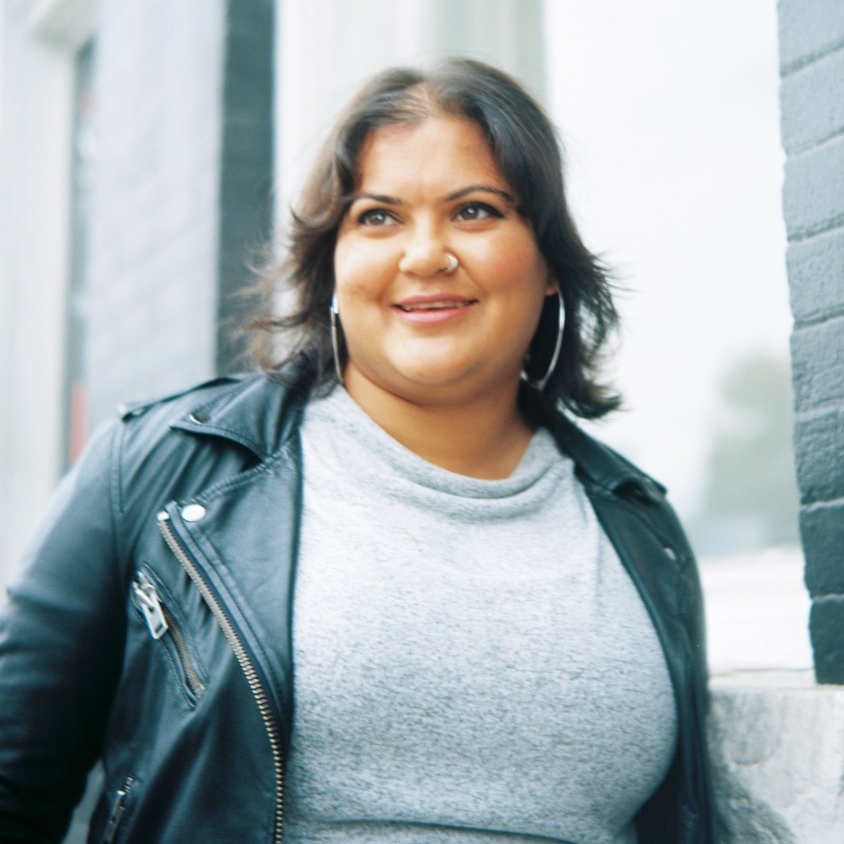
Meenakshi Mannoe
Meenakshi Mannoe is the criminalization and policing campaigner at Pivot Legal Society. She is also a member of the Vancouver Prison Justice Day Committee, Stark Raven Media Collective, and Defund 604 Network. In her role at Pivot, Meenakshi works alongside her colleagues to envision intersectional approaches to ending the harms of policing and criminalization. She values Pivot’s uncompromising commitment to the expertise and vision of people with lived and living experience. Her work relates to the impact of policing on all aspects of Pivot’s campaigns. Meenakshi’s work includes producing public legal education materials, policy analysis and community engagement.
Meenakshi is also a member of our Towards Equity advisory committee. Learn more about Meenakshi in our On Equity interview with her!
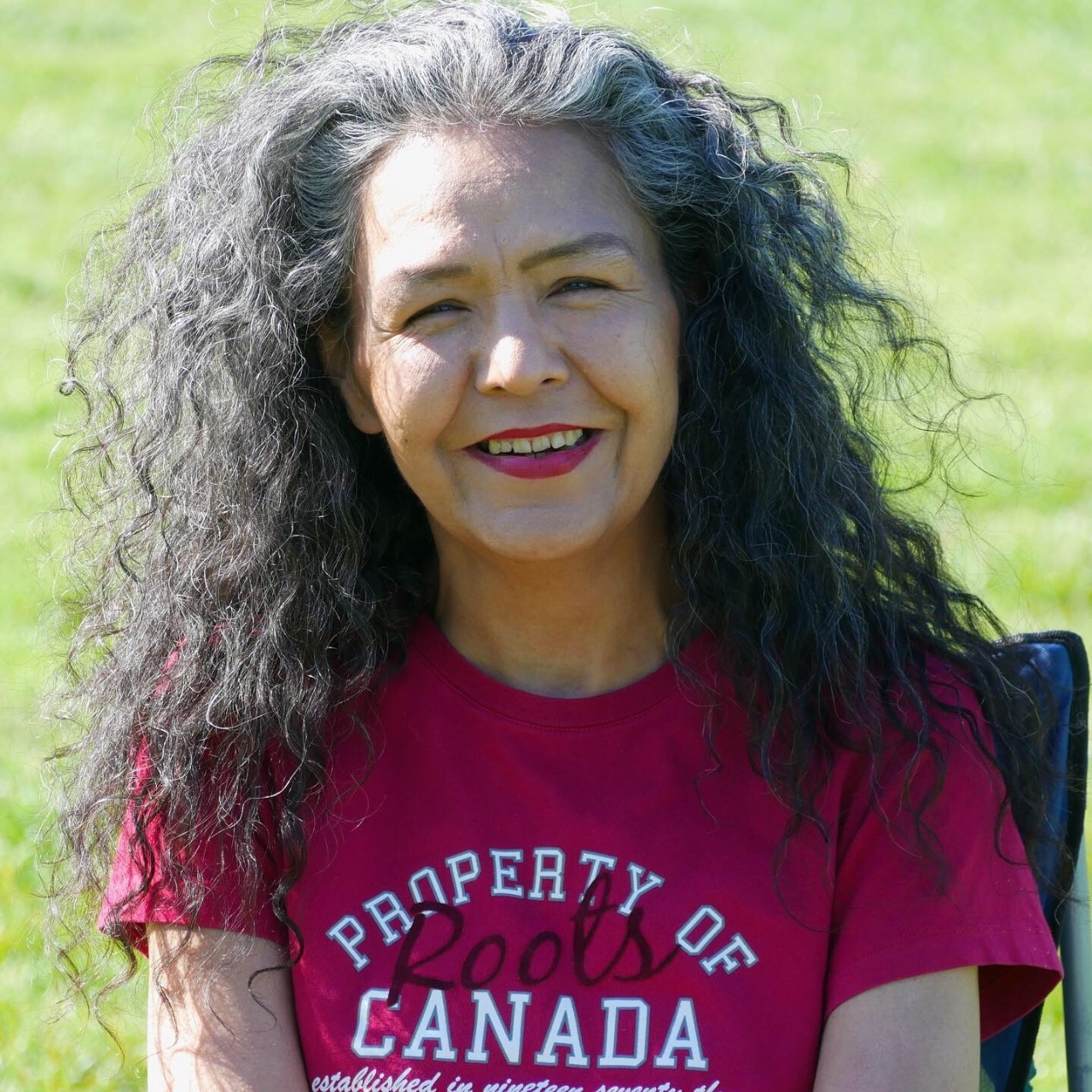
Delilah Gregg
Delilah Gregg is a Carrier woman and member of the Nak'azdli First Nation. She is a mother to one son, and has been living in Vancouver for more than 50 years. She is a member of the Vancouver Area Network of Drug Users (VANDU), and currently sits on its board of directors; she also serves as the vice-president of the Western Aboriginal Harm Reduction Society (WAHRS) and is a member of the Our Homes Can’t Wait Coalition. Delilah is a frontline harm reduction worker at VANDU, Spikes on Bikes and the Maple Needle Exchange. Delilah believes that people who stigmatize substance use must stop and accept people as they are. She’s working towards a world where people are always treated with compassion and support. Delilah’s philosophy is that life is too short to judge people, don’t sweat the small stuff.
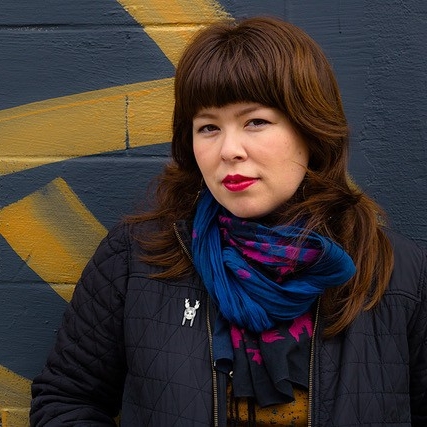
Magie Ramírez
Magie Ramírez is an assistant professor of geography at Simon Fraser University. Her work explores how racial capitalism and colonialism structure urban space as well as how Black, Indigenous and Latinx peoples weave liberatory movements and envision urban futures. She is a co-editor of the Anti-Eviction Mapping Project’s Counterpoints: A Bay Area Atlas of Displacement and Resistance. Otherwise she is engaged in anti-colonial and anti-displacement organizing in Oakland, California, and spends her days parenting two small humans.
Moderator
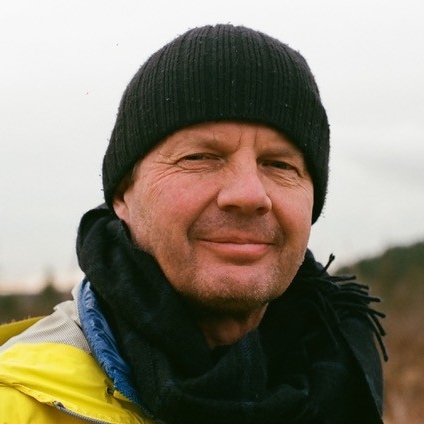
Nicholas Blomley
Nick Blomley is a professor of geography at Simon Fraser University, and has a long-standing interest in property and precarity. He is currently involved in community-based research projects concerning SROs in the Downtown Eastside, and the seizure of precariously housed people’s possessions. He is also the instructor for the class “Property, Land, Society" that is the basis for the presentations in this event.
-

Property, Home and Precarity: From Street Sweeps to Housing Justice
As part of our Classroom Partnership Program, senior SFU geography students will present their work on housing vulnerability in Vancouver, focusing on rental evictions, street sweeps, rental financialization, and housing justice movements.
Read More →
-

Hope in Resistance: Stories of Climate Justice
SFU Public Square and Vancity are proud to present Hope in Resistance, featuring Melina Laboucan-Massimo, co-founder of Indigenous Climate Action; Anjali Appadurai, climate justice lead at Sierra Club BC; and Naisha Khan, co-founder of Banking on a Better Future, in a conversation moderated by Nahlah Ayed (host of Ideas on CBC Radio One).
Read More →
-

Mapping Equity: Using GIS and Maps to Make Invisible Realities Visible
Maps are great tools to bring together a massive amount of data and share it in a format everyone is familiar with. They are also a unique tool to bring unnoticeable realities—including realities of inequality—to visible patterns. This 90-minute workshop will introduce you to how to make a thematic map that highlights an equity indicator.
Read More →
-

Equity in Practice: More Stories of Community Capacity Building
SFU’s Community Capacity Building Certificate supports learners as they engage community by sharing lived experiences and adopting new tools for building projects and movements. Learners deepen their relationships with themselves, their communities and the land to create a project and move forward a change they’d like to see in the world.
Read More →
-

Should a Just Recovery Include a Basic Income for B.C.?
At this event we will look at the recommendations and analysis of the Final Report of the British Columbia Expert Panel on Basic Income to ask: should a just recovery for all include a basic income?
Read More →
-

Overcoming Digital Divides: Youth and Digital Skills
Join us to discuss how Canada can better support our public internet infrastructure for the marginalized communities who rely on them and for everyone.
Read More →
-

Equity in Practice: Community Capacity Building
Join us to hear inspiring stories from the most recent cohort of SFU’s Community Capacity Building Certificate learners and their growth as emerging leaders working towards equity in their communities.
Read More →
-

Overcoming Digital Divides: Public Internet Access
Join us to discuss how Canada can better support our public internet infrastructure for the marginalized communities who rely on them and for everyone.
Read More →
-

Researching for Climate Justice
Activists, researchers, policy-makers and solution-seekers come together to surface the challenges and opportunities of taking equity-informed approaches to climate research, solutions and policy development.
Read More →
-

Overcoming Digital Divides: People with Disabilities and Accessibility
The federal and provincial governments have taken some steps to improve internet accessibility and adoption among Canadians with disabilities, but there still remain substantial gaps with many facing barriers in accessing digital services.
Read More →
-

Rosemary Brown Memorial Symposium
Every year, to honour the important legacy of the late Rosemary Brown, SFU's Department of Gender, Sexuality & Women’s Studies (GSWS) brings together distinguished scholars, students, service providers, and the broader community together to speak on current issues of diversity, ongoing inequalities, and ways to create positive change.
Read More →
-

Overcoming Digital Divides: Older Adults and Digital Literacy
Older adults are less likely to use the internet than younger people in Canada, and many report that information technologies do not improve their quality of life or save time. The issue is more pertinent than ever under the pandemic.
Read More →
-

The 2021 Spry Memorial Lecture
Desmond Cole and Tanya Talaga, along with moderator Candis Callison, will consider recent attention over the escalation of commentary on the representation of Indigenous, Black, and people of colour; the structural challenges that currently impede calls for greater diversity; and how institutions and platforms can foster a more constructive dialogue.
Read More →
-

Dean's Lecture on Information + Society
We are pleased to partner with SFU Library to invite you to the Dean's Lecture on Information + Society: an evening of conversation with Robyn Maynard and Leanne Betasamosake Simpson.
Read More →
-

Decolonizing Scottish Studies
This is the first in a series of events being organized by the Centre for Scottish Studies at Simon Fraser University
Read More →
-

Innovations in Research
Join us in a unique virtual environment using Gather to engage directly with SFU faculty, students, staff, alumni and community partners who are moving us Towards Equity with innovative research from a variety of fields and perspectives.
Read More →
-

Overcoming Digital Divides: Low-Income Communities
Low-income communities continue to experience lower internet access, affordability, and quality. Canadians are at an all-time need for increased access to internet, computer, and tablet devices for e-learning and remote work.
Read More →
-

Zooming In: Education in 2021
Join the SFU Public Square Peer Ambassadors for a student-focused event on how to improve the online education experience under COVID-19.
Read More →
-

Overcoming Digital Divides: Indigenous, Rural and Remote Communities
Are recent public investments and policies sufficient to achieve digital inclusion of Indigenous, rural and remote communities? What Indigenous-specific needs must be addressed to secure digital inclusion?
Read More →




